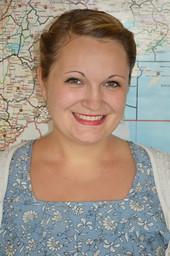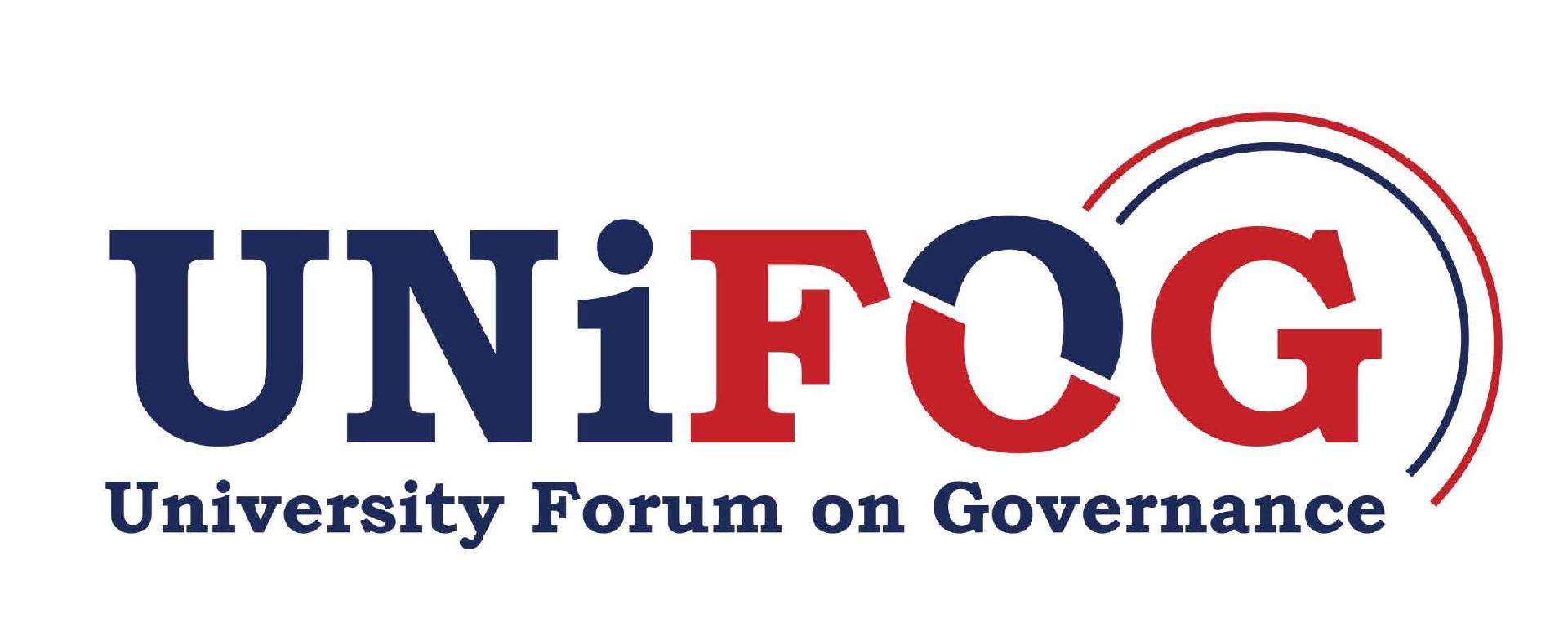NEW DATE: Unity in Diversity - Foundation Office Uganda and South Sudan
Discussion
Details
We find ourselves living in an increasingly polarized world characterized by a variety of identities, a stark intolerance of divergent faiths, and unprecedented levels of religious radicalization. At the global level, an intensive debate on the feasibility of multiculturalism gains more momentum following increased cases or manifestations of religious extremism such as the attack on the World Trade Center, or more recently on the satirical magazine "Charlie Hebdo".
A series of incidences with a similar background have continued to occur in different corners of the world and also Africa is not alien to extremist tendencies. For instance the Boko Haram in Nigeria have continued to cause anarchy in the Northern part of Nigeria in the form of abductions and extrajudicial killings of innocent people including children. Mali in West Africa is similarly experiencing religious clashes also leading to animosity between Christians and Muslims. Kenya has in the recent past experienced a similar wave of insurgency instigated by the Al Shabab from Somalia, causing death and insecurity in Kenya and the neighboring countries.
Uganda, more specifically, is surrounded by Kenya, South Sudan, and Somalia which all experience insurgencies that could spill over. There is growing agitation among different religious sects in Uganda leading to unexplained murders and terrorist activities. The recent murders of Muslim clerics raise concern as to an increase in religiously motivated violence in Uganda. Moreover there have been terrorist threats and attacks that are linked to religious fundamentalism perpetuated by the Al Shabab in the recent past.
Furthermore, an increasing polarization of society, especially on the basis of religion, is gradually becoming commonplace. Yet the constitution guarantees the freedom of thought whereby no single person or group of people should claim monopoly over the faith that people believe in and live by. The attempt to view certain religions, views, or beliefs as superior to others is one of the cardinal causes of extremism. Hate massages are tending to become a daily routine in Uganda. They are often shared openly not only in worship places but also in the social and broadcast media. The highly worrying trend presents the dangerous potential of exacerbating an already frightening susceptibility of religious radicalization, particularly among the highly influenceable youth. Such developments should not be viewed from the lens of religion alone. It as well concerns how we perceive and relate to people who hold different beliefs from ours and whose religion may be dissimilar to the one we call our own.
The growing intolerance in the Ugandan society is a contradiction to African virtues that emphasize peaceful co-existence. History, for example, suggests that some Ugandan families embraced different faiths and still lived in harmony. They performed social functions jointly and maintained cordial social ties.
Yet the trend of radicalization and hate speeches will endanger any prospects of guarding these essential traits of togetherness. Realizing the eminent risk caused by steadily growing intolerance, UNIFOG and KAS host a multidenominational dialogue on tolerance and religious diversity. The event aims to amplify concerns over a growing antipathy to divergent ideologies, faiths and beliefs and challenge any promotional activities of the same. This engagement is intended to promote dialogue amongst different groups with the aim of mitigating the ever growing extremism and intolerance. The measure will engage secular and religious scholars in a nuanced discourse that will examine causalities and correlations regarding the increasing number of cases of radicalization and religious intolerance in Uganda within a global perspective, stress the dangers of radicalization particularly regarding peace, security, and development, identify plausible intervention measures that can be implemented to address issues of hate speech and other processes that have the potential of increasing radicalization, and challenge key actors from faiths and other concerned groups regarding necessary institutional adjustments for mitigating the challenges of radicalization.
The dialogue will be opened with a keynote address from Mr. Mwambutsya Ndebese, lecturer with the Department of History at Makerere University. Following that, a panel of experts will share their views and insights with the audience.




